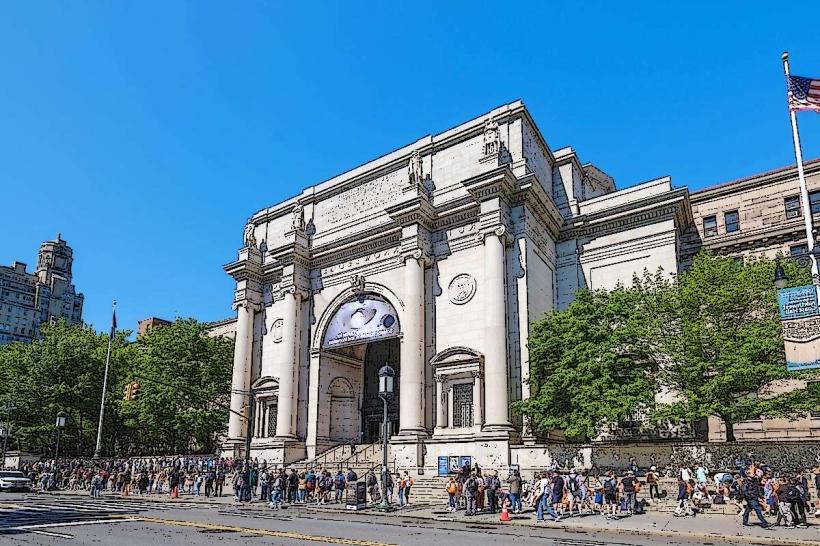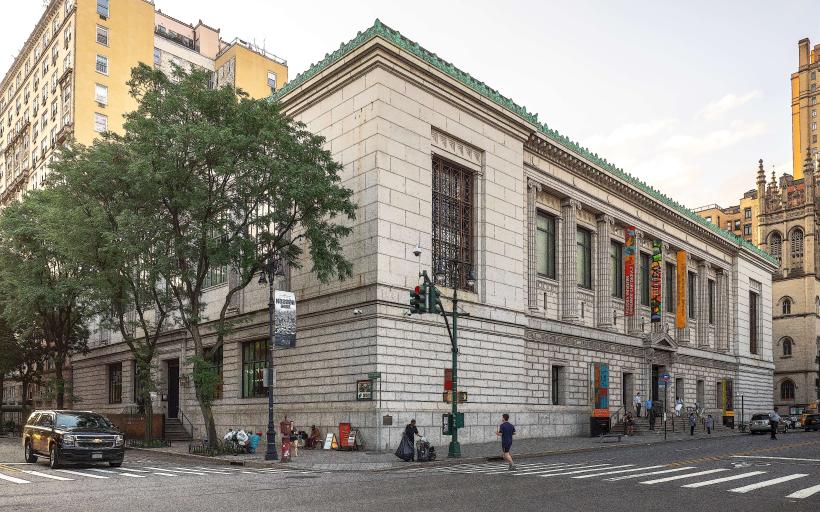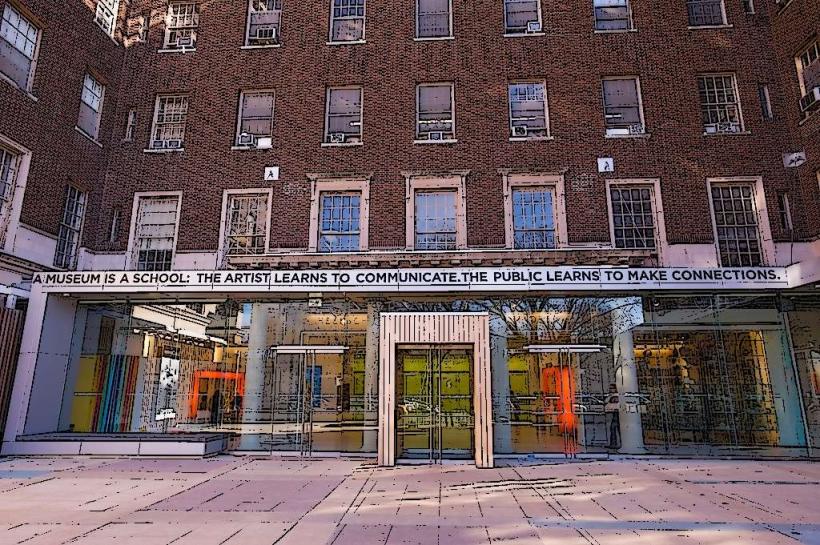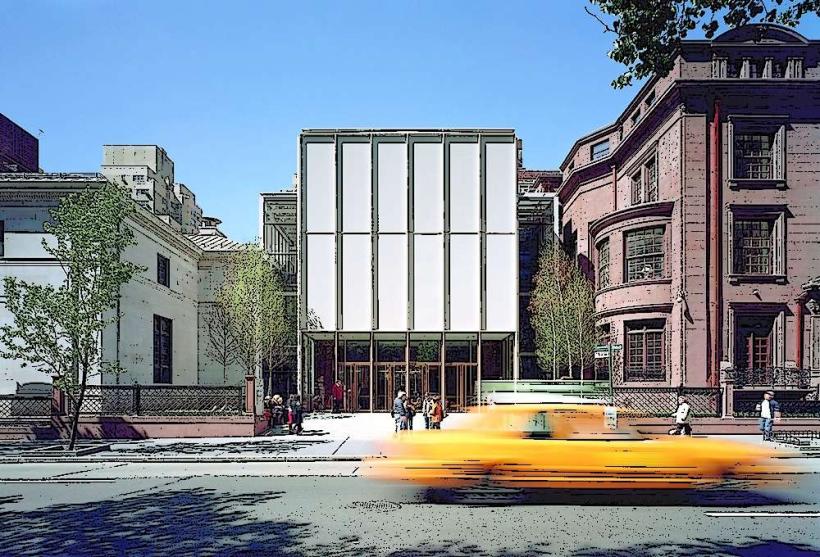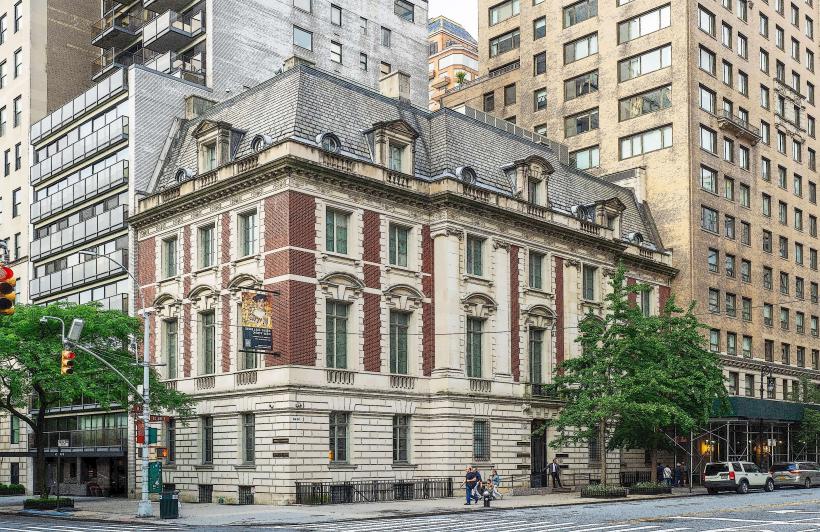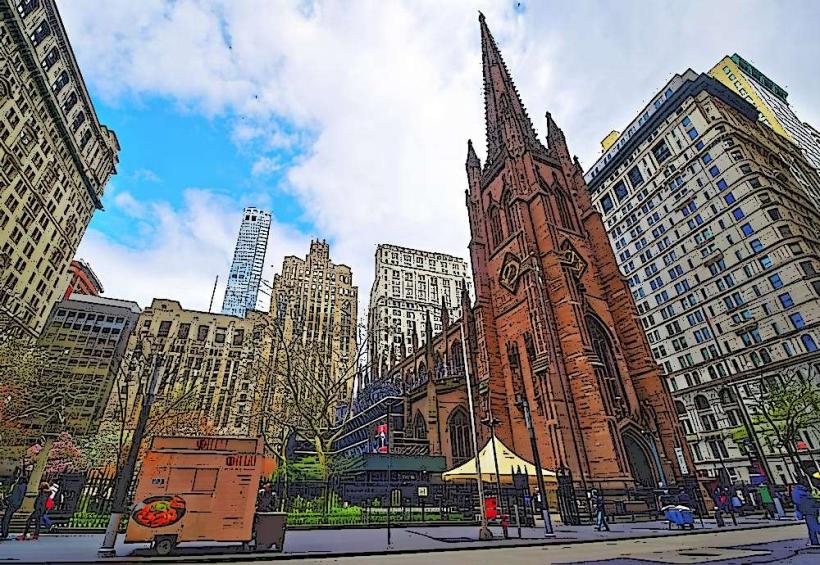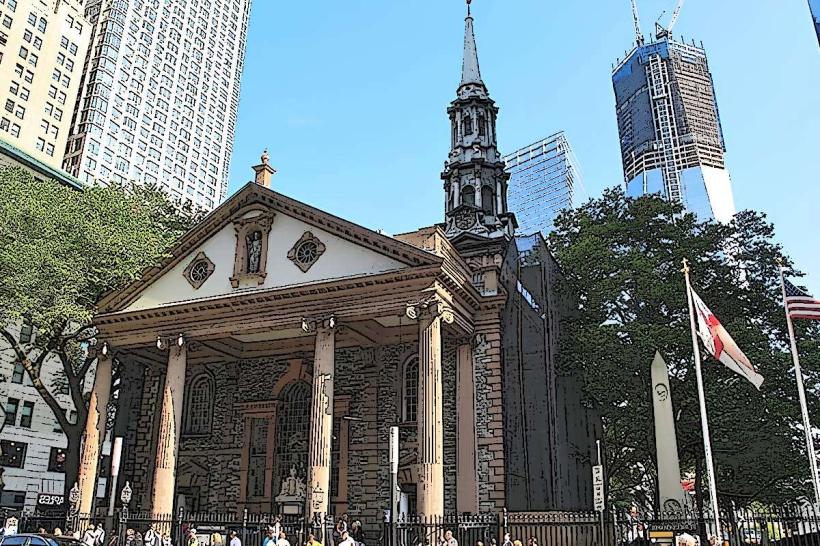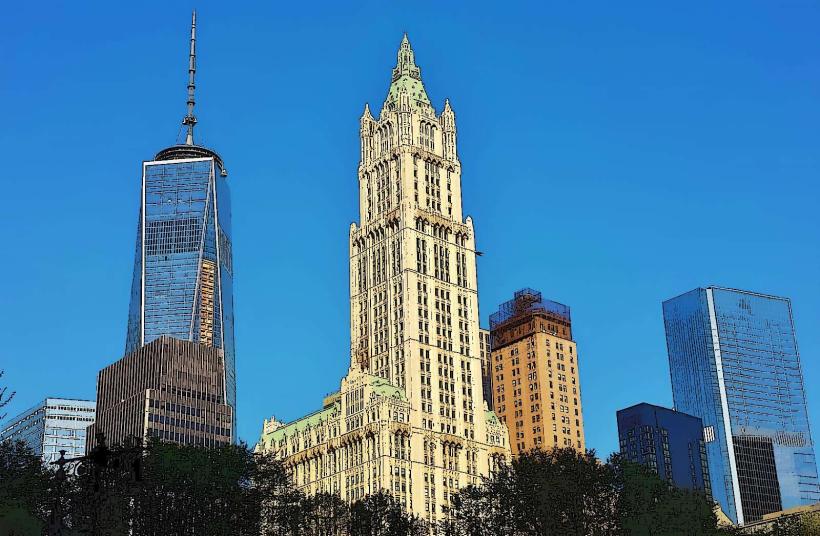Information
Landmark: Prospect Park ZooCity: New York
Country: USA New York
Continent: North America
Prospect Park Zoo, New York, USA New York, North America
Prospect Park Zoo is a 12-acre zoological park located within Prospect Park in Brooklyn, New York City.
It houses a collection of animals from various continents, focusing on species found in forests and deserts.
Visual Characteristics
The zoo features a variety of enclosures designed to mimic natural habitats. Structures are primarily constructed from brick and concrete, with some incorporating naturalistic rockwork and vegetation. The main building, the historic Dore Gallery, is a Beaux-Arts structure. Enclosures vary in size and complexity, accommodating mammals, birds, reptiles, and amphibians.
Location & Access Logistics
The zoo is situated in the eastern section of Prospect Park, Brooklyn. Access is via the Prospect Park Zoo entrance at 450 Flatbush Avenue, Brooklyn, NY 11226. The closest subway stations are the Q, B, and F trains at the Prospect Park station, approximately a 10-minute walk west of the zoo. Several bus lines serve the area, including the B3, B41, B67, and B68, with stops near Flatbush Avenue and Empire Boulevard. On-site parking is available but limited; visitors are advised to use public transportation. The zoo is accessible via walking and cycling paths within Prospect Park.
Historical & Ecological Origin
The zoo was established in 1935, with the Dore Gallery building constructed in 1905 as part of the original Prospect Park development. It was originally conceived as a children's zoo and has undergone several expansions and renovations. The zoo's ecological focus is on showcasing animals from specific biomes, including a sea lion pool, a savanna exhibit, and a rainforest aviary.
Key Highlights & Activities
Visitors can observe animals such as sea lions, red pandas, snow leopards, and various primates. The zoo offers daily sea lion feeding demonstrations. Educational programs and keeper talks are scheduled throughout the day. The Discovery Center provides interactive exhibits for children. The zoo also features a carousel.
Infrastructure & Amenities
Restrooms are available within the zoo complex. Shaded areas are provided by trees and some covered structures. Cell phone signal (4G/5G) is generally available. Food and beverage concessions are located within the zoo, and picnic areas are accessible in the surrounding park.
Best Time to Visit
The best time of day for animal viewing is typically in the morning or late afternoon when animals are more active. Spring (April-May) and Fall (September-October) offer moderate temperatures and fewer crowds. Summer months can be hot, and some animals may seek shade during midday. High tide is relevant for the sea lion exhibit.
Facts & Legends
The Dore Gallery, the zoo's original building, was designed by architects Helmle & Corbett and is a designated New York City Landmark. A unique tip for visitors is to check the daily schedule upon arrival, as keeper talks and feeding times are crucial for observing specific animal behaviors.
Nearby Landmarks
- Prospect Park (0.1km West)
- Brooklyn Botanic Garden (1.2km Northwest)
- Brooklyn Museum (1.5km Northwest)
- Grand Army Plaza (1.8km Northwest)
- Green-Wood Cemetery (2.5km Southwest)





